Advances in Sustainable Humidification-Dehumidification Thermal Desalination Systems, Elsevier, 2025, Pages 1-15,
The content ties to SDG 6 (Clean Water and Sanitation), SDG 7 (Affordable and Clean Energy), and SDG 13 (Climate Action) by discussing small-scale thermal desalination techniques using low-grade heat sources to ensure sustainable water management and supply, promote affordable and clean energy access, and reduce greenhouse gas emissions through energy-efficient solutions. Greenhouse gas emissions are lowered through the utilization of low-grade heat sources.
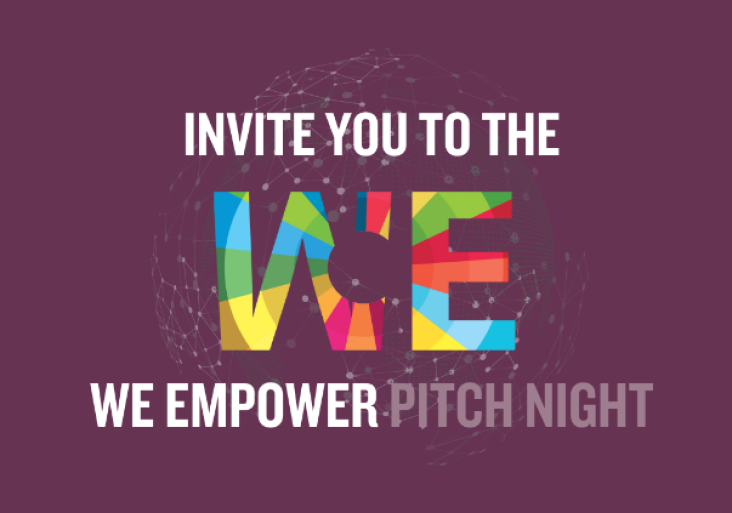
On Wednesday 25th September 2024, the five 2024 WE Empower awardees will take part in the WE Empower SDG Challenge Pitch Night. Hosted by fashion designer, author and philanthropist, Diane Von Fur
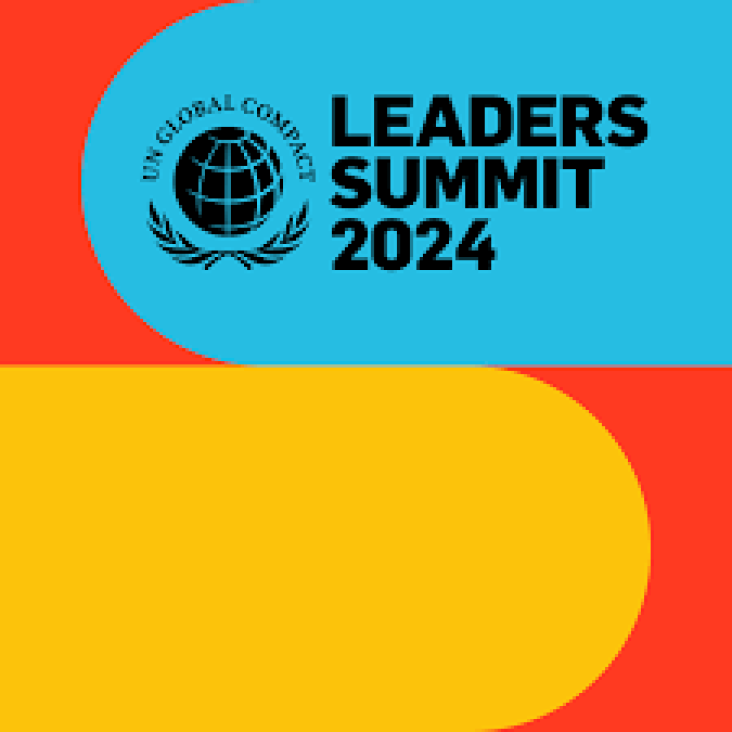
The Leaders Summit is the UN Global Compact’s dynamic day-long conference dedicated to providing the tools, network, knowledge, and inspiration needed to scale the impact of private sector contribu

More than 1100 people came together virtually on 18 June 2024 for the tenth edition of the RELX SDG Inspiration Day: "In the Age of AI: Information to Advance the UN Sustainable Development Goals (SDGs)." The annual online event brings together thought leaders, corporate representatives, students, investors, governments, and NGOs to explore pressing issues, gain practical insight, and inspire action on the United Nations Sustainable Development Goals (SDGs).
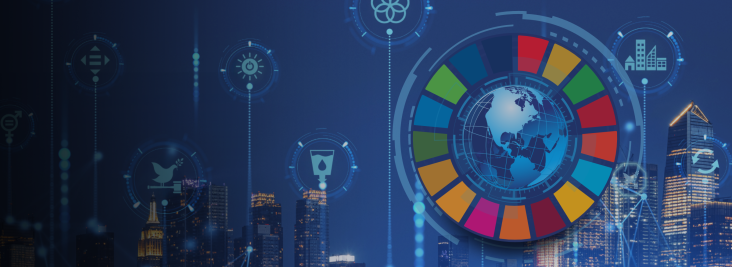
Recognising our customers' exceptional work to achieve the UN Sustainable Development Goals.
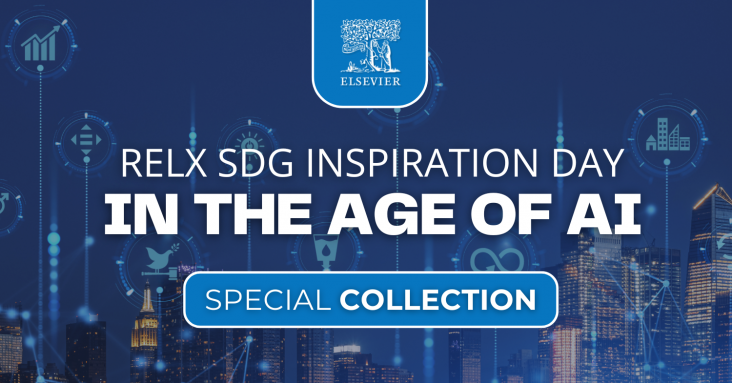

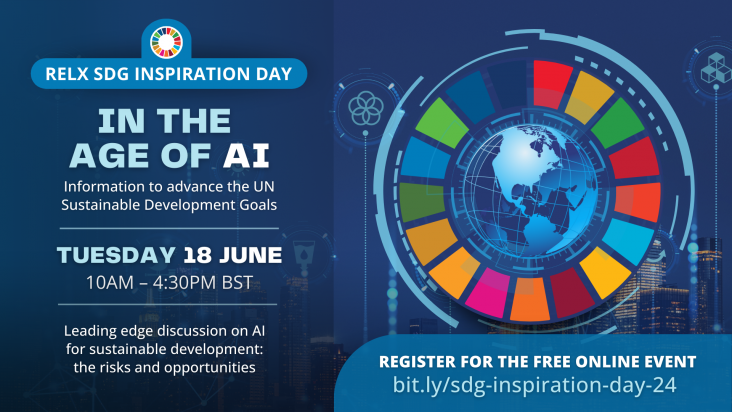
AI holds tremendous potential for advancing the United Nations Sustainable Development Goals (SDGs). AI, particularly generative AI, provides new opportunities to analyse data and trends at pace a

